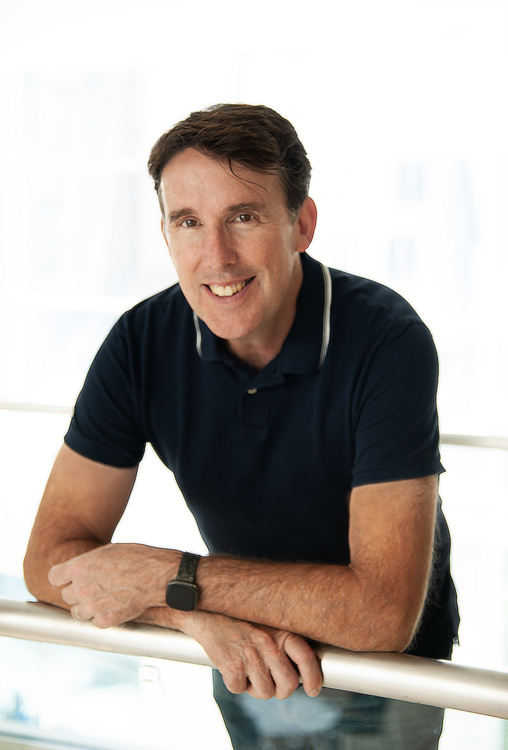
Colloquium on the Brain and Cognition with Ted Gibson
Description
Talk Title: A cognitive approach to the syntax of human languages
Abstract: One of the most celebrated features of human language is its generative power: from a restricted vocabulary of words, we can construct a vast number of new sentences, to express diverse meanings. This generative capacity is underpinned by syntax or grammar—a set of rules for how words to together. The syntax of human languages has long been argued to be complex, and even unlearnable from the input alone (Chomsky’s Universal Grammar proposal). However, the success of large language models (LLMs) has challenged this idea. In this talk, I will argue for a simple view of syntax, where the syntax of a language is just the set of dependency rules, and the dependencies are dictated by how words depend on one another for meaning. Conceptually, this simple approach obviates much of the complex machinery that Chomsky and colleagues have long postulated, including eliminating the learnability problem. Empirically, it accounts for diverse phenomena in human language processing, where non-local dependencies are costly, and explains cross-linguistic word order universals, which stem from the tendency to minimize dependency lengths. I will discuss one interesting exception to this tendency for dependency-length minimization, which is legal language (or legalese) and speculate on possible reasons for the high prevalence of long-distance dependencies in legalese. Finally, I will speculate that LLMs, similar to human children, learn the dependency grammar from linguistic patterns, leading to their impressive syntactic competence.
Bio: Ted (Edward) Gibson. I was born and raised in Toronto, Canada. I went to Queens University (Kingston, Ontario) for undergraduate, graduating in 1985 with a B.Sc in math and computer science. I then got an M Phil in 1986 in Computer Speech and Language Processing from Cambridge (UK), and a PhD from Carnegie Mellon University (Pittsburgh, USA) in computational linguistics in 1991. I have been a professor of Brain and Cognitive Sciences at MIT since 1993. I also rowed at the 1984 Olympics, coming 7th in the coxless four for Canada. I work on all aspects of human language: the words, the structures, across many languages. I have published 100s of refereed journal articles in the top science and cognitive science journals. My main current claim is that human language is an invented communication system based on the local cultural needs of its speakers. I think that most if not all properties of human language can be explained by its use: words are invented to refer to things and properties that we need to talk about for some reason; and words are put together in a way that minimizes our cognitive resources. I am married to Ev Fedorenko, a great neuroscientist of language and cognition. We have collaborated on many projects including Lana (age 8 in 2025).
Followed by a reception with food and drink in 3rd floor atrium

